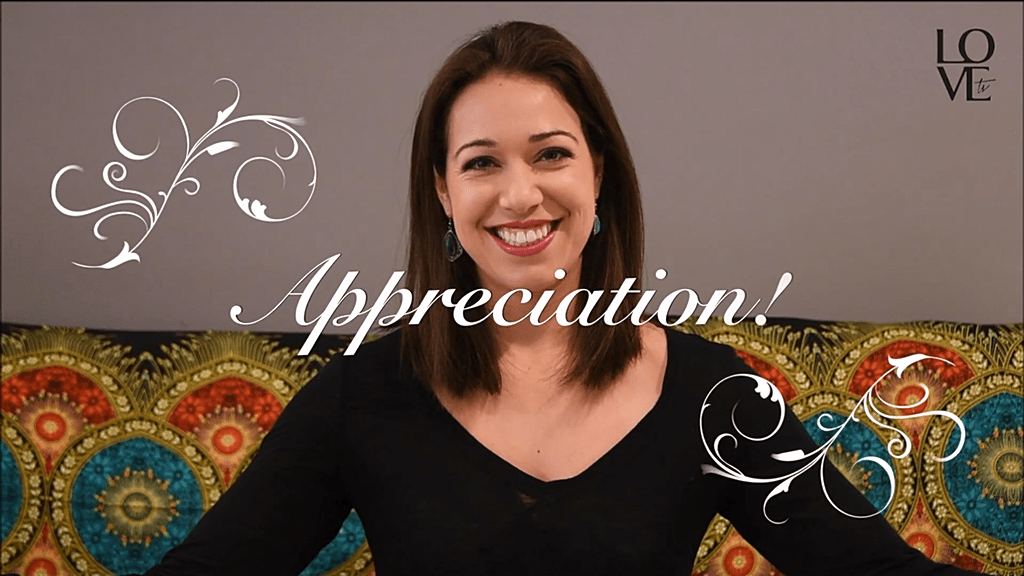What comes to mind when you think about surviving a long-distance relationship?
Do you experience negative or positive emotions? Whether you have been in a long-distance relationship for a while, or recently started a long-distance relationship, it’s important for the both of you to be on the same page.
Being in a long-distance relationship is a challenge, but definitely worthwhile if you are committed to developing your relationship. A long-distance relationship can either bring the two of you closer together, or pull you further apart. I want to share with you the top 5 precedents that my husband and I used while we were in a long-distance relationship. I highly suggest that you share this article with your partner. There will be a “Take Action” exercise at the end of each precedent that I encourage the both of you to implement. This article is not really about just “surviving” a long-distance relationship, it’s about developing and growing your long-distance relationship.
Precedent #1: Be Committed
When you are in a long-distance relationship, it’s important for the both of you to know that you are equally committed to developing the relationship. Why bother being in a long-distance relationship when one or both of you are not committed? You might as well just have it be a fling and then find someone locally. So, the first precedent to surviving a long-distance relationship is to both be committed to maintaining and developing your relationship.
Take Action:
Spend some quality time talking with your partner about the commitment that you have in the relationship. It’s important that the both of you are on the same page when it comes to investing your time and energy into it. It’s all about effective communication and knowing that you are just as committed as your partner. Simply ask your partner, “Are you committed to developing our relationship?” The sooner you’re able to be on the same page, the sooner you’ll know if this relationship is worth your time and energy. Wouldn’t you rather know where your partner is at now instead of investing so much and possibly finding out later that they’re not as committed as you thought? Be open and make sure that you’re on the same page when it comes to the level of commitment in the relationship.
Precedent #2: Write it down
Surviving a long-distance relationship is definitely a challenge, but when you know what your partner plans on doing in developing your relationship, you will feel much more secure. It’s important for you and your partner to write down on a piece of paper the commitments that both of you plan on living out every single day in developing your relationship. My husband and I did this while we were in a long-distance relationship and eventually used these commitments for our vows on our wedding day. I’m not saying write down your future wedding vows, I’m sharing this with you because I want you to know the power of writing down your commitments to each other.
Take Action:
Use whatever kind of communication that the two of you have and take the time to write down your commitments to each other. I would suggest using either Skype or FaceTime when doing this exercise. It would be best to actually see your partner. Start off by writing, “My commitment to (your partner’s name)…” Then start writing down the commitments that you plan on following through with every single day. Some examples may be sending your partner a text message during your lunch break or calling your partner after you get home from work. You decide the commitments you plan on doing for your partner. Take some time to write down the commitments that you have for your partner and vice versa. Once you’ve finished writing them down, say them out loud to your partner. Once you’ve shared your commitments, make a copy of them and send the original to your partner and have them send their original to you. This way, your partner will have your commitments to them, and you will have their commitments to you. Have these commitments in a place where you see them daily. This will really help in staying connected with your partner.
Precedent #3: Take the time to visit
You may have a busy schedule with work, but when you are committed to developing your relationship, you will take the time to visit your partner. You may have to do some planning around your schedule, but when you make the effort to visit, your partner not only feels important but you are able to physically spend quality time together to develop your connection. And when you do visit your partner, make sure it’s quality time. It’s all about planning. When you visit your partner, spend time focusing on loving them. If you can help it, don’t be on any business phone calls or dealing with work while you’re there. The secret to taking the time to visit your partner is to spend 100% quality time with them.
Take Action:
Take a look at your schedule and plan on visiting your partner. Depending upon the distance, you may have to save up some money before visiting. But when you’re able to plan ahead and save as much money as you need, you’re showing your partner that you care and that you want to develop the relationship. When you continue to make excuses and don’t take the time to visit your partner, that’s a clear indication that you’re not committed to developing your relationship. You may want to add how many times you want to visit in your commitments to your partner.
Precedent #4: Think long-term
This goes back to precedent #1 of being committed. With commitment, you will need to also think long-term. Where do you see this relationship going in the long run? You will need to take some time to reflect on why you’re in this relationship? Some of us end up being in a relationship because we’re lonely or just want to say that we’re with someone. Make sure you are in your relationship for the right reasons.
Take Action:
What does the future look like with your current relationship? Do you see yourself being with this person for the long run? If you’re unsure, why? What are the key issues that need to be discussed with your partner? I want you to take the time to communicate these questions with your partner. Remember how I’ve shared with your the importance of being on the same page? Well, it’s important to be on the same page when it comes to long-term commitment. If you or your partner are experiencing certain issues like lack of trust or jealousy, it’s important for you to have an open discussion about these issues. If you feel stuck, I would suggest that the both of you seek counseling. It’s always helpful when you can have a third person who can look at your relationship without any attachments or emotions involved.
Precedent # 5: Be Real
When it comes to surviving a long-distance relationship and growing the connection with your partner, you need to always be real. It’s important to know who you are and express the real essence of you to your partner. We all know that during the beginning stages of dating, we experience that “Cloud Nine” feeling where we see our partner as being perfect. But we all have imperfections and eventually these will come out. There is nothing wrong with having imperfections, we’re only human. Make sure that you share with your partner all aspects of you, not just the good ones. Don’t play any games! This is a big NO-NO when it comes to being in a relationship. Being real and not playing any games will help you and your partner truly get to know each other. How can you possibly get to know your partner when they are playing games and not being their real selves?
Take Action:
Take some time to reflect upon who you are. Are you staying true to yourself? Are you expressing the real you or are you playing games and putting up a façade just so your partner likes you? It’s important for you to ask these questions because this is an important aspect of building the foundation in your relationship.
These are the top precedents that my husband and I set in our relationship from the very beginning and still use today. When you’re able to set good precedents in your relationship, you are building a solid foundation. When you don’t have any precedents in your relationship, the foundation is weak and will fall apart. Surviving a long-distance relationship is all about creating and maintaining a solid foundation!
Curated by Erbe
Original Article








